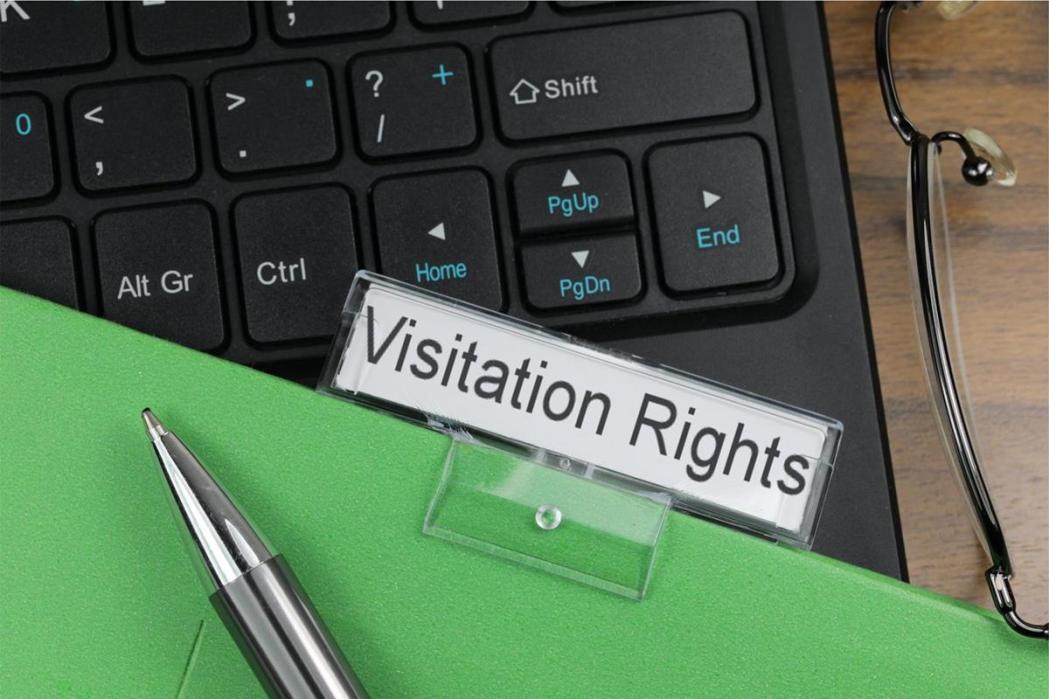What Are My Visitation Rights If the Other Parent Is Mentally Ill?
When a parent suffers from mental illness, it can significantly impact their ability to provide a safe and nurturing environment for their child. This can lead to challenges in maintaining visitation rights, as courts must balance the rights of the parent with the child's best interests.

Legal Framework
Visitation rights for parents with mental illness are governed by relevant laws and regulations. Courts consider several factors when determining visitation rights, including:
- The nature and severity of the parent's mental illness
- The parent's ability to provide a safe and stable environment for the child
- The child's age and developmental needs
- The child's relationship with the parent
- The presence of any history of abuse or neglect
Impact Of Mental Illness On Visitation Rights
A parent's mental illness can affect their ability to provide a safe and nurturing environment for their child in several ways:
- They may be unable to consistently meet the child's physical and emotional needs.
- They may be unpredictable or erratic in their behavior, which can be frightening or confusing for the child.
- They may be unable to control their emotions, which can lead to outbursts or violence.
- They may be unable to provide adequate supervision, which can put the child at risk.
Examples of specific mental illnesses that may impact visitation rights include:
- Schizophrenia
- Bipolar disorder
- Major depression
- Post-traumatic stress disorder (PTSD)
- Substance abuse disorders
Protecting The Child's Best Interests

In visitation decisions, the paramount consideration is always the child's best interests. Courts will weigh the rights of the parent with mental illness against the child's safety and well-being.
Expert evaluations and recommendations play a crucial role in determining visitation arrangements. These evaluations can assess the parent's mental health status, their ability to parent, and the potential risks to the child.
Types Of Visitation Arrangements

Various types of visitation arrangements may be appropriate for parents with mental illness, depending on the specific circumstances:
- Supervised visitation: The child visits the parent in the presence of a third party, such as a therapist or social worker.
- Therapeutic visitation: The child visits the parent in a therapeutic setting, where a therapist facilitates the interaction and helps the parent develop healthier parenting skills.
- Alternative arrangements: In some cases, the court may order alternative arrangements, such as phone calls or video chats, to maintain a connection between the parent and child.
Co-Parenting And Support Services
Co-parenting and collaboration between parents are essential, even in the face of mental illness. Support services and resources are available to help parents with mental illness and their families:
- Counseling and therapy
- Medication management
- Parenting classes
- Support groups
Visitation rights for parents with mental illness are complex and individualized. Courts must carefully balance the rights of the parent with the child's best interests. Various types of visitation arrangements and support services are available to help maintain healthy relationships between parents and children, even in the face of mental illness.
YesNo

Leave a Reply